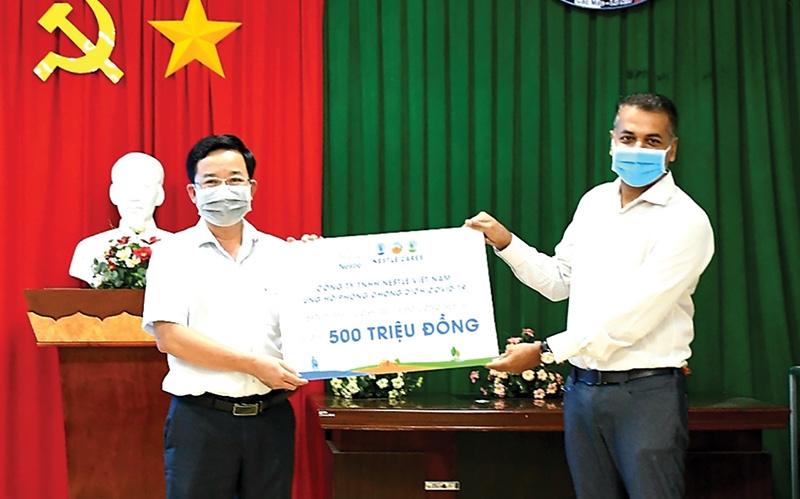Entrepreneurs remain inspirations for Vietnamese youth
VIR - Vietnamese youth have a spirit of entrepreneurship with nearly half of the young people in the nation aspiring to become entrepreneurs, according to a research report titled Mind the Gap: Mapping Youth Skills for the Future in ASEAN by the ASEAN Foundation in collaboration with Plan International and with support from Google.org.

According to the report, over 23 million (25 per cent) of the population are youth aged 16 to 30. Of them, 43 per cent want to become entrepreneurs, followed by working in the media and communications (37 per cent), education (22 per cent), technology (20 per cent), NGO and government (17 per cent), and financial sectors (11 per cent). Only a small proportion of the respondents seek careers in transportation (8 per cent) and energy (5 per cent).
It is worth noting that while there is an increasing demand for digital skills in the country, these were the least cited among the skills that need development.
Instead, around half of the young people surveyed would like to further gain self-leadership (53 per cent) and interpersonal skills (48 per cent). This is followed by reskilling in cognitive and advanced digital skills (37 per cent) and basic digital skills (28 per cent).
Vietnam is also undergoing a shift from a factor-driven to an efficiency-driven economy, where low-productivity manual jobs are being overtaken by skill-intensive non-manual jobs.
However, young people’s qualifications struggle to match employers’ requirements and firms also tend to value experience over educational attainment.
Upskilling and reskilling through internships, apprenticeships, work placements, and other work-integrated training are necessary to bridge the skills gap and develop young people’s readiness to meet labour demands.
The report also reveals that Vietnamese young people have been affected by the restrictive policy measures as a result of the pandemic. The unemployment rate for this group rose from 6.5 per cent pre-pandemic to 7.5 per cent in the second quarter of 2021, which is almost three times higher than the average unemployment rate.
The pandemic has also disproportionately disadvantaged women in the Vietnamese labour market. In contrast to the decrease in young men’s unemployment rate from 5.7 to 5.2 per cent in the third and fourth quarters of 2020, a slight increase from 9.1 to 9.2 per cent was noted for young women.
Compared to men, women are also generally found in lower-quality employment where they earn less despite comparable working hours. They are also overrepresented in vulnerable employment sectors – such as supporting a small family business – and underrepresented in decision-making jobs.
The report says that the younger generation needs to play a critical role in the nation’s development. Unemployment among young people indicates unutilised labour potential and negatively affects growth. Therefore, addressing this issue by bridging education and access to employment is essential to prepare young people to enter the job market and gain long-term employment.
Along with the report, the ASEAN Foundation also launched an online job information centre ASEANJobs.org. The website will serve as a sustainable solution to help young people in ASEAN connect with employers from across the region and secure job opportunities.











